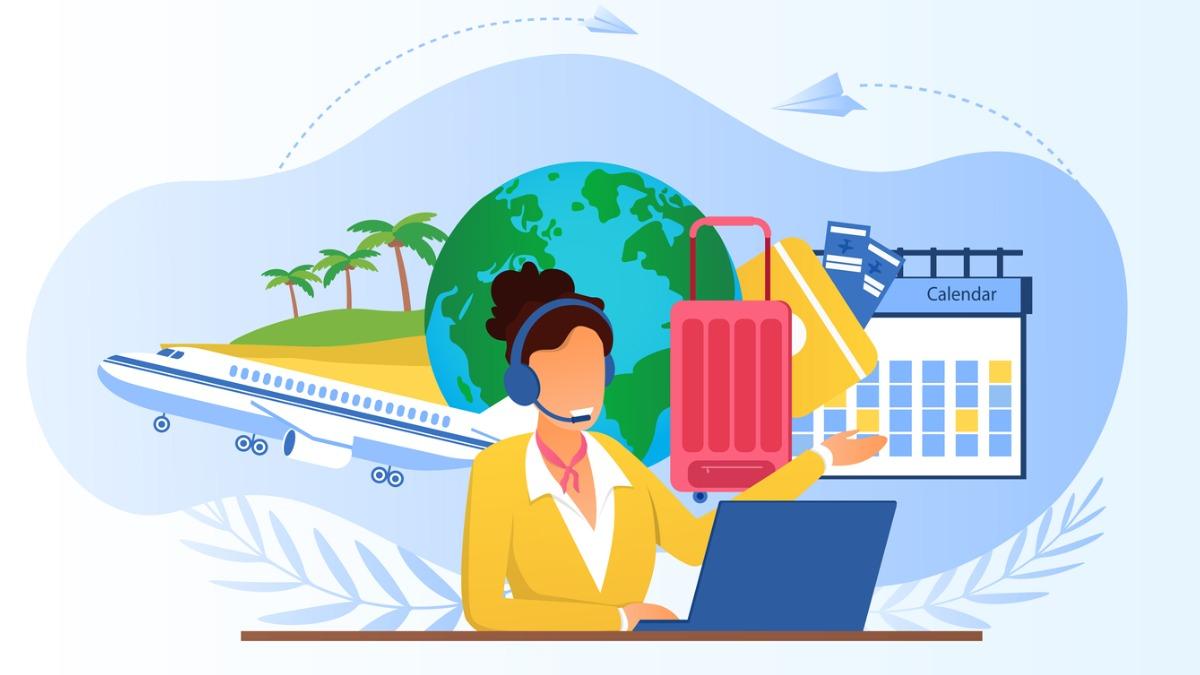The forward-looking UK Online Travel Market Market Projections forecast a future where the booking process becomes significantly more intelligent, personalized, and seamlessly integrated into the traveler's digital life. The UK Online Travel Market size is expected to reach USD 69.28 billion by 2035, growing at a CAGR of 4.85% during the forecast period 2025-2035. Central to these projections is the anticipated widespread adoption of generative AI and large language models (LLMs) to create a new paradigm of conversational travel planning. The future of online travel is projected to move beyond the current model of forms and filters towards a more natural, intuitive interface where a user can simply state their travel needs in plain language (e.g., "Find me a family-friendly beach holiday in Greece for the first two weeks of August, with a direct flight from Manchester and a hotel with a kids' club, all under £3,000"). AI-powered travel assistants will then be able to understand this complex query, search across vast inventories, and return a curated set of personalized itineraries, complete with flights, accommodation, and activities. This shift from a search-based model to a recommendation-based, conversational model is a cornerstone of future market growth projections.
Looking ahead, market projections are heavily influenced by the growing consumer demand for sustainable and responsible travel options. Sustainability is rapidly evolving from a niche concern to a mainstream decision-making factor for a significant segment of UK travelers. Future projections account for a major shift in how online travel platforms integrate and display sustainability information. It is projected that carbon footprint labeling for flights, eco-certifications for hotels (e.g., Green Key, EarthCheck), and options to purchase carbon offsets will become standard features on all major booking sites. Platforms that can effectively empower consumers to make more environmentally friendly choices, and that can offer a compelling range of verified sustainable travel products, are projected to gain a significant competitive advantage. This "green shift" will not only cater to evolving consumer values but will also open up new product categories and marketing opportunities, representing a key component of the market's long-term financial forecasts.
Furthermore, these long-term projections anticipate a much deeper integration of Financial Technology (FinTech) into the travel booking journey. The friction and anxiety associated with paying for expensive trips will be increasingly mitigated by a range of flexible payment solutions. The adoption of "Book Now, Pay Later" (BNPL) services for travel is projected to become widespread, allowing consumers to spread the cost of their holidays over several installments, thereby lowering the upfront financial barrier and potentially encouraging them to book more expensive or longer trips. The integration of multi-currency digital wallets, embedded travel insurance products that can be purchased with a single click, and even subscription-based travel models (where users pay a monthly fee for access to travel perks and discounts) are all factored into the future outlook. This fusion of travel and FinTech will make the booking process more seamless, flexible, and secure, which is expected to drive higher conversion rates and support the market's continued expansion towards its 2035 valuation.
Top Trending Reports -
US Enterprise Communication Infrastructure Market
